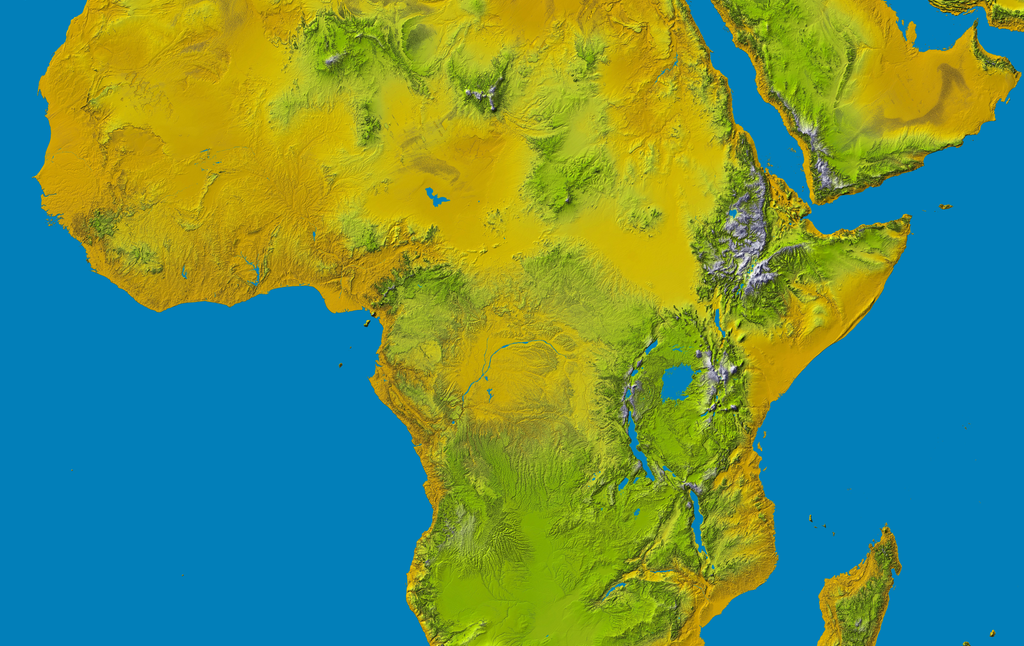River blindness (onchocerciasis) was a devastating disease in West Africa, oftentimes resulting in blindness in 30% of the adult population living along river banks. Being this most fertile agricultural areas, this resulted in losses in food security as people abandoned these villages. Control had two strategies to break the transmission of this disease: control of the parasite in infected individuals through distribution of ivermectin to over 7 million people in the region and applying bacterial insecticides to control the black fly vector in over 35,000 miles of river. Inclusion of cultural and sociological perspectives were key to the success of the program.
Vince Resh has been a professor in the Environmental Science, Policy & Management Department (and its predecessors) since 1975. His research is in control of water-borne disease vectors, water pollution monitoring, and the ecology of lakes and rivers. He was the Director of Berkeley's Gump Research Lab in French Polynesia for 6 years. In addition to the research he did for 15 years in West Africa, he conducted similar studies on the Mekong for 10 years and is currently on the Independent Science Board for the large California water projects being planned. He has taught over 20,000 undergraduates at Berkeley and received the Distinguished Teaching Award in 1995.


